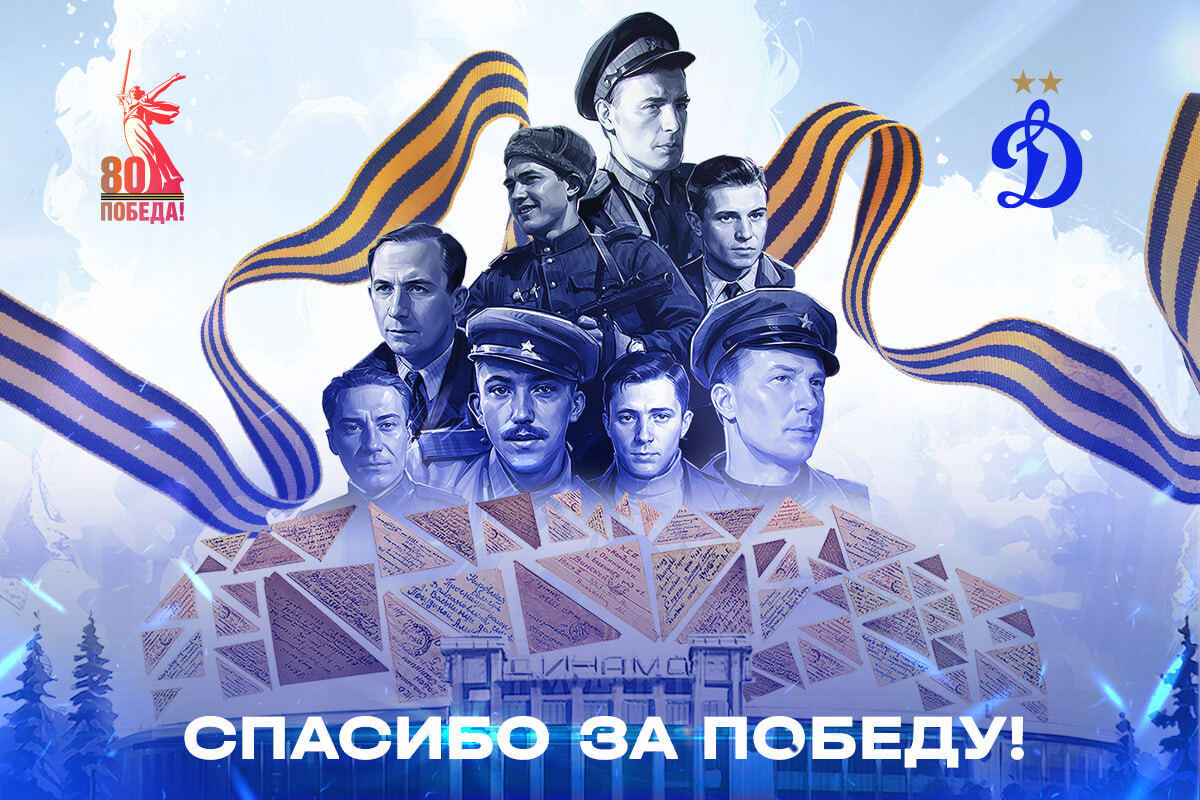
Today the whole country celebrates the 80th anniversary of the Victory in the Great Patriotic War, which claimed the lives of millions of Soviet citizens. Among those who went to the front to defend the honor of the Motherland and defend its independence were the Moscow Dynamo, whom, along with other veterans, we remember today and thank for their great feat.
Military doctor of the first rank Sokolov
One of those who went to the front was Alexei Sokolov, the first full–time coach of Dynamo Moscow. As an employee of Dynamo, he has been listed in the structure of the Ministry of Internal Affairs since the early 1930s, where he served. After graduating from the medical Institute and the Institute of Physical Culture, Alexey Andreevich received a doctor's degree and became a specialist in sports medicine.
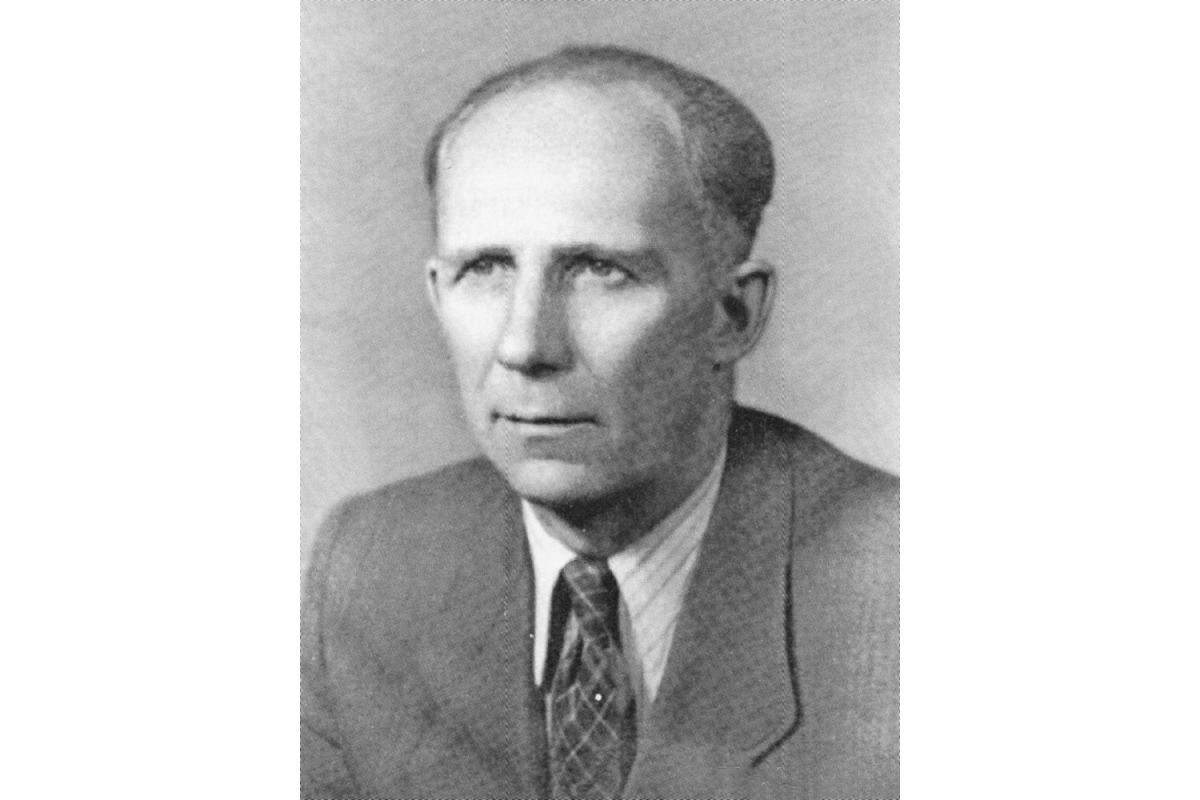
During the war, Sokolov was helped not only by his medical education – he was a military doctor of the first rank and a lieutenant colonel of the medical service – but also by combat experience: the future Dynamo soldier fought back in the Civil War. During the Great Patriotic War, Alexei Andreevich participated in battles on the southern borders of the USSR, for which he was awarded the medal "For the Defense of the Caucasus", and in 1945 he was awarded the Order of the Red Star.
After returning from the front, Sokolov headed the training and sports department of the Moscow Dynamo, where he worked until 1948. In the 1950s – 1970s he was active in the USSR Football Section, the USSR Football Federation and the USSR Sports Medicine Federation. From 1955 to 1957 he was the editor-in-chief of the Sports Games magazine. Also in his sports biography is the work of a coach at Dynamo Tbilisi.
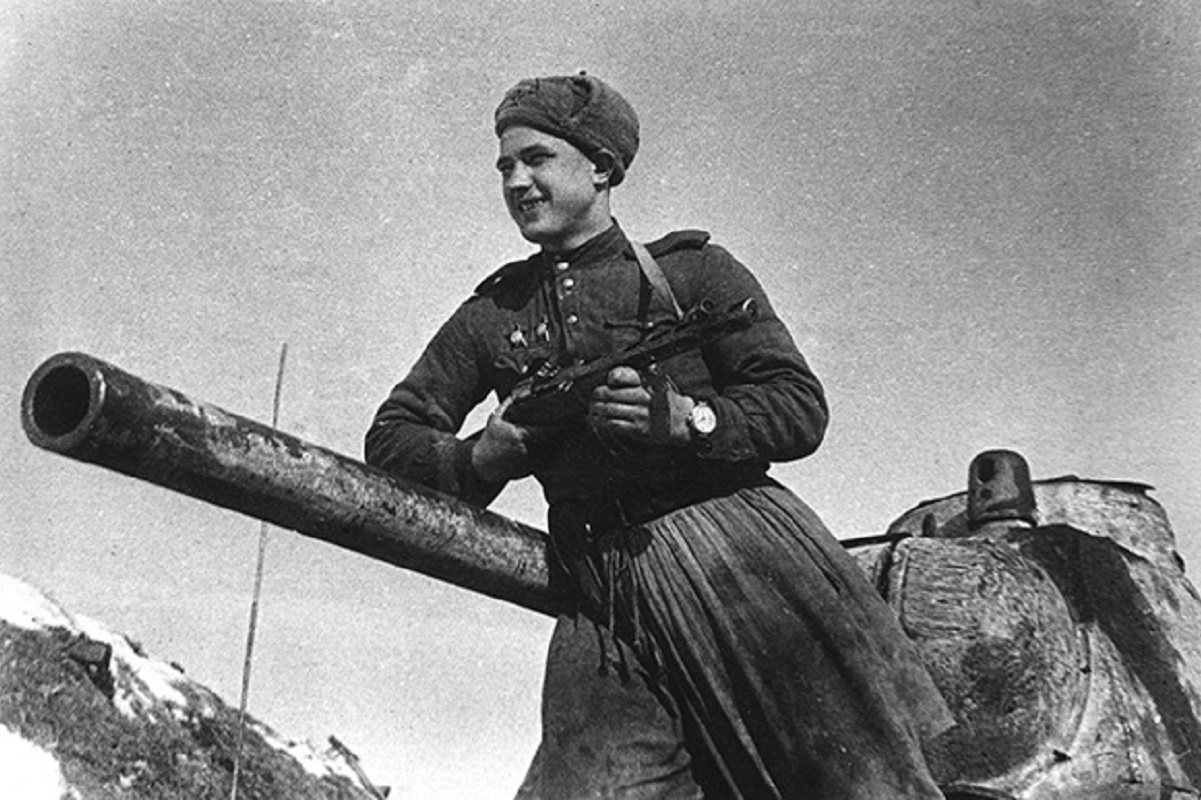
The exploits of Senior Sergeant Savdunin
The future four-time champion of the USSR as part of Dynamo, Vladimir Savdunin, went to war in 1942, as soon as he turned 18. He volunteered, although he had a reservation at an aircraft factory where he assembled engines for attack aircraft. As a result, he got into the reconnaissance company of the 50th tank brigade of the second Ukrainian front.
As a scout, Savdunin often had to perform tasks of special importance and literally perform feats. A frontline newspaper wrote about one of them: "Fifteen German soldiers appeared. Senior Sergeant Savdunin, strong and fast, accurately threw a grenade, and four fascists fell to the ground as if mowed down. The others fled in panic. Savdunin was the first to break into the enemy battery."
Vladimir Grigorievich often went to the rear of the enemy and returned with captured Germans. He ended the war in 1944 in Romania, where he received a severe shrapnel wound, which became his third in three years, and was sent to Moscow for treatment. For his military exploits Savdunin was awarded the Order of the Great Patriotic War I degree and two Orders of the Red Star.
Savdunin played for Dynamo Moscow for 12 years – from 1945 to 1956. In parallel, he played ball hockey, where he also achieved considerable heights. At the end of his sports career, he worked as a diplomatic courier for the USSR Ministry of Foreign Affairs and traveled almost the whole world for almost thirty years of service.
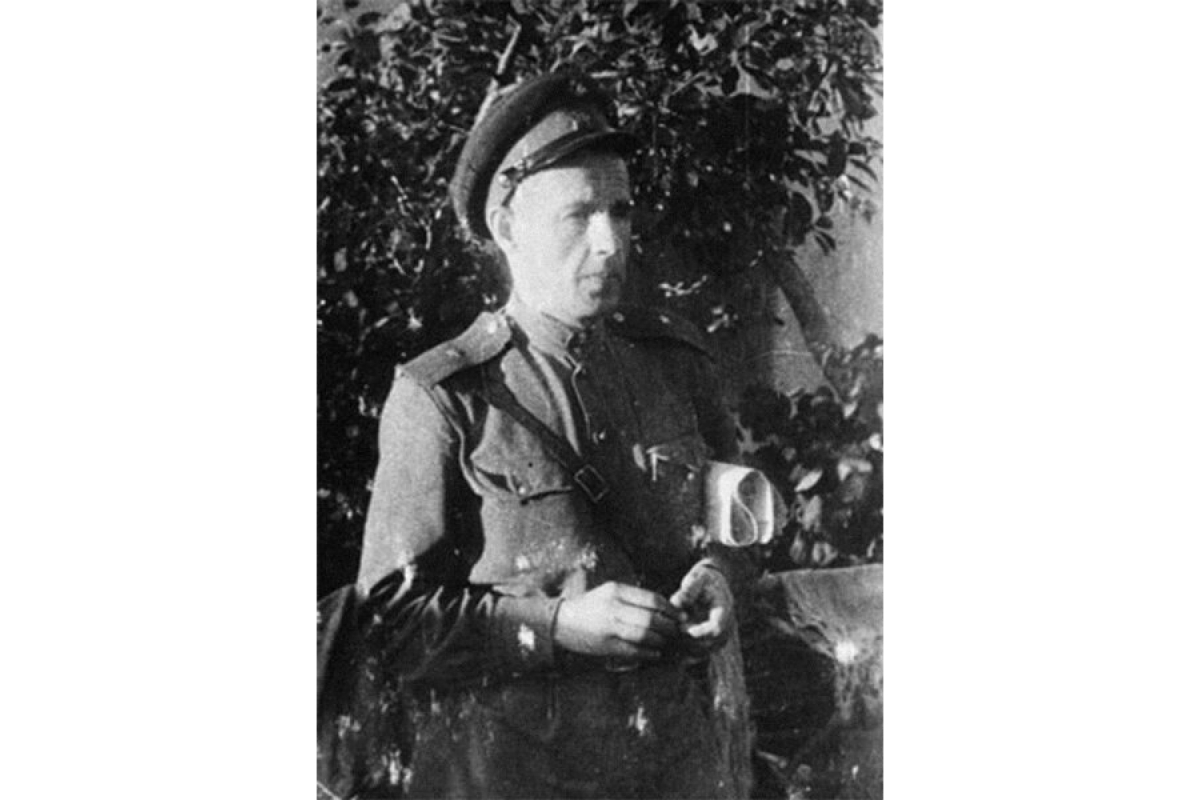
The voice of Soviet football Vadim Sinyavsky
Vadim Sinyavsky, the founder of the Soviet school of sports radio reporting, was also a front-line soldier. Since September 1941, he fought on the Western Front, where he conducted radio reports under the heading "The Western Front Speaks," and on November 7 he had the honor to broadcast from the historic parade on Red Square in honor of the 24th anniversary of the October Revolution.
During the Great Patriotic War, Vadim Svyatoslavovich was reporting from besieged Sevastopol, where he was seriously injured right on the air – he was covered by an explosion of a mine that exploded nearby, as a result of which he lost his left eye. Then there were Stalingrad, the Kursk Bulge, battles involving the Bryansk, Central, Steppe, 1st Ukrainian, 2nd Belorussian, 1st Baltic fronts… He was awarded the Order of the Red Banner, medals for the defense of Moscow, Stalingrad and Sevastopol.
On August 27, 1944, in Moscow at the Dynamo stadium, Sinyavsky commented on the final match of the USSR Cup, in which Zenit Leningrad and the capital's Central House of Artists met. In June 1945, Vadim Svyatoslavovich's voice was heard by the whole huge country from the Victory Parade, and in the autumn of the same year he went on a tour of the UK with Moscow Dynamo, where he also conducted his famous reports for Soviet sports fans. Fans literally froze at the radios when they heard: "Attention! This is Moscow speaking! Our microphone is installed at the Moscow Dynamo stadium.
Sinyavsky conducted not only football reports, but also commented on the tournaments of athletes, boxers, swimmers, chess players. However, football was his favorite sport. Vadim Svyatoslavovich never demonstrated his sports preferences on the air – he didn't want to offend any of his listeners – but he sympathized with the Moscow Dynamo. And, of course, the Dynamo stadium, next to which he lived, was the famous commentator's favorite football arena.
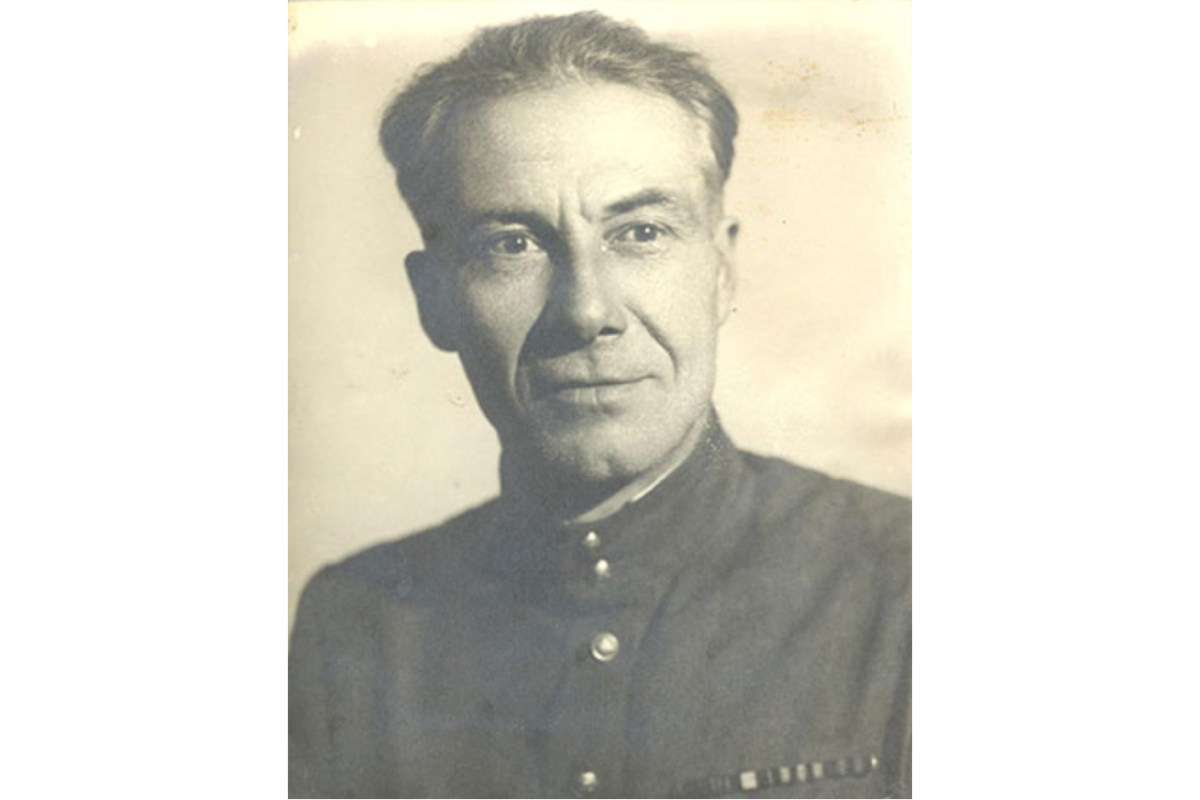
State Security Captain Fyodor Chulkov
A participant in the Great Patriotic War was one of the founders of Dynamo FC, the first goalkeeper in the history of the blue and white Fedor Chulkov. Fyodor Fedorovich had combat experience – he fought on the fronts of the Civil War, participated in the suppression of the Tambov uprising, and since the 1920s he was associated with the OGPU (was part of the special forces detachment of the CHEKA) and even advocated the military unit of the Moscow district, and with great success.
In April 1936, he was awarded the rank of junior lieutenant of State Security. During the Great Patriotic War, Chulkov performed special tasks as part of a Special Group, as a result of which his activities have been classified to date. In 1944 he joined the party, in November of the same year, being already a captain of the state Security Service, he was awarded the Order of the Red Banner, and in February 1945 - the Order of Lenin. He also had a number of other medals. He finished the war with the rank of major, after which he continued his service in the apparatus of the NKVD of the USSR.
In the 1950s - 1960s, after retirement, Chulkov did a lot of public work, was a member of the sports and technical commission of the RSFSR Football Federation, where he represented the interests of Dynamo, was a member of the Dynamo MGS football and hockey section. Fyodor Fedorovich was often invited to Dynamo football matches, where he participated in various events: for example, in 1968 he made the first shot at the ball before the game of Moscow and Kiev Dynamo, and in 1969 he congratulated Lev Yashin on his 40th birthday and the 300th match for the blue and white.
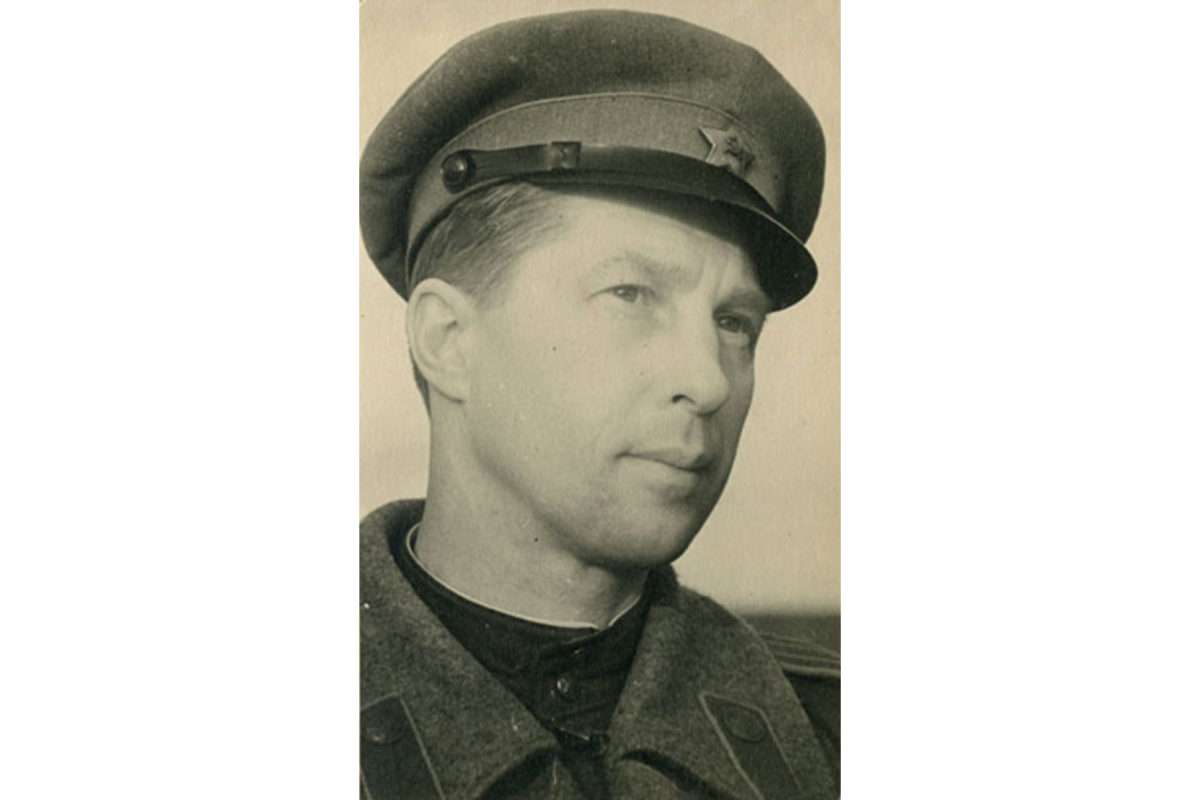
Frontline artist Yaroslav Titov
Yaroslav Titov was not only a professional artist, but also an athlete. In the 1920s, he participated in the Moscow Region athletics Championship, was engaged in volleyball and handball, but achieved the greatest success in basketball, becoming a two-time champion of the USSR. In the early 1930s, he played as a goalkeeper in the Moscow national football team, and in the autumn championship of Moscow in 1933 he played for the capital Dynamo.
With the beginning of the Great Patriotic War, Titov's sports career was interrupted, and he began working at TASS Windows, proving himself to be a master of political caricature. In 1942, Yaroslav Viktorovich went to the front as a volunteer, fought on the Volkhov, Karelian and 1st Far Eastern Fronts, was awarded a number of military awards, including the medal "For Victory over Japan."
He showed his artistic talent in frontline newspapers: "Frontline Truth" (Volkhov Front), "Into Battle for the Motherland" (Karelian Front) and "Stalin's Warrior" (1st Far Eastern Front). In January 1944, Titov took part in the liberation of Novgorod, for which he was awarded the Order of the Red Star and promoted to the rank of major.
Returning to Moscow in 1946, Titov continued to engage in creative work: he painted on military subjects, participated in exhibitions. His works are kept in the largest art galleries and museums in Russia.: The Tretyakov Gallery, the Russian Museum, the Central Museum of the Armed Forces.
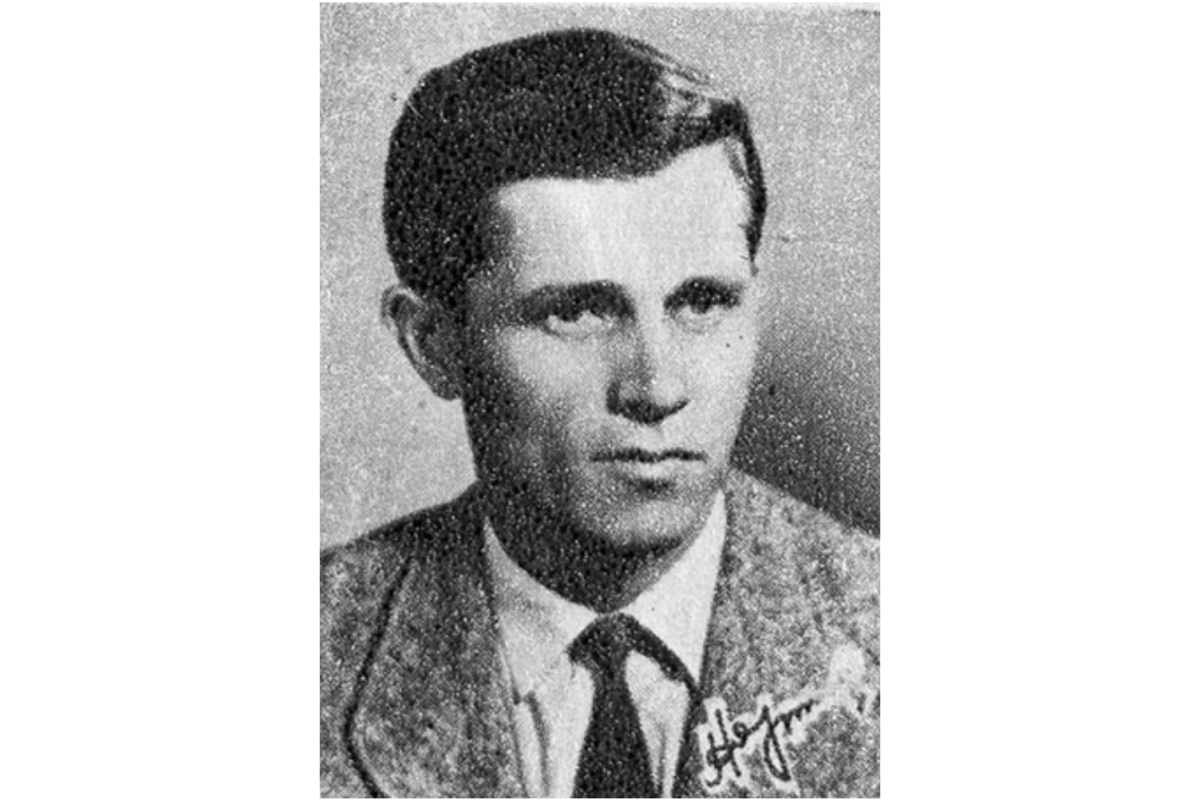
Reached Berlin: the story of Anatoly Rodionov
The future Dynamo defender Anatoly Rodionov went to the front in January 1943, when he was not yet 18 years old. At first he was sent to Penza to the military school of communications, and already in 1944 Anatoly Sergeyevich went to the front line. He participated in the battles for Ukraine, Poland and Czechoslovakia, for which he was awarded the Order of the Red Star and Glory of the III degree, the medal "For Military Merit" and many other awards. And I met the victorious spring in Berlin!
In April 1945, on the outskirts of the capital of the Third Reich, the commander of the communications department of the 383rd Guards Heavy self-propelled artillery Zhytomyr Red Banner Regiment of the 9th mechanized corps of the 3rd Guards Tank Army of the 1st Ukrainian Front Rodionov accomplished a real feat, restoring the break in the communication line. To do this, he had to lead the telephone operators to attack and take part in a street fight. His group destroyed 17 fascists, and Anatoly Sergeyevich, as noted in the award list, killed eight German invaders with his machine gun.
After the war, Rodionov returned to his old passion – football. At first, he played for the CDSA, however, after spending only two matches in three years, he moved to Dynamo, where he became a three-time champion of the USSR (1954, 1955, 1957), winner of the USSR Cup (1953) and entered the list of "33 best football players of the season" (1955). In total, Anatoly Sergeyevich played 79 matches for the blue and white.
After completing his career as a player, he became a coach and headed Dynamo teams in Stavropol, Gorky and Barnaul. In 1979, he was the head of the Dynamo Moscow team. In the 1970s he worked as the head of the Sports Games department of the Russian Council of the WFMO "Dynamo" and the football and hockey department of the CFSO "Dynamo".
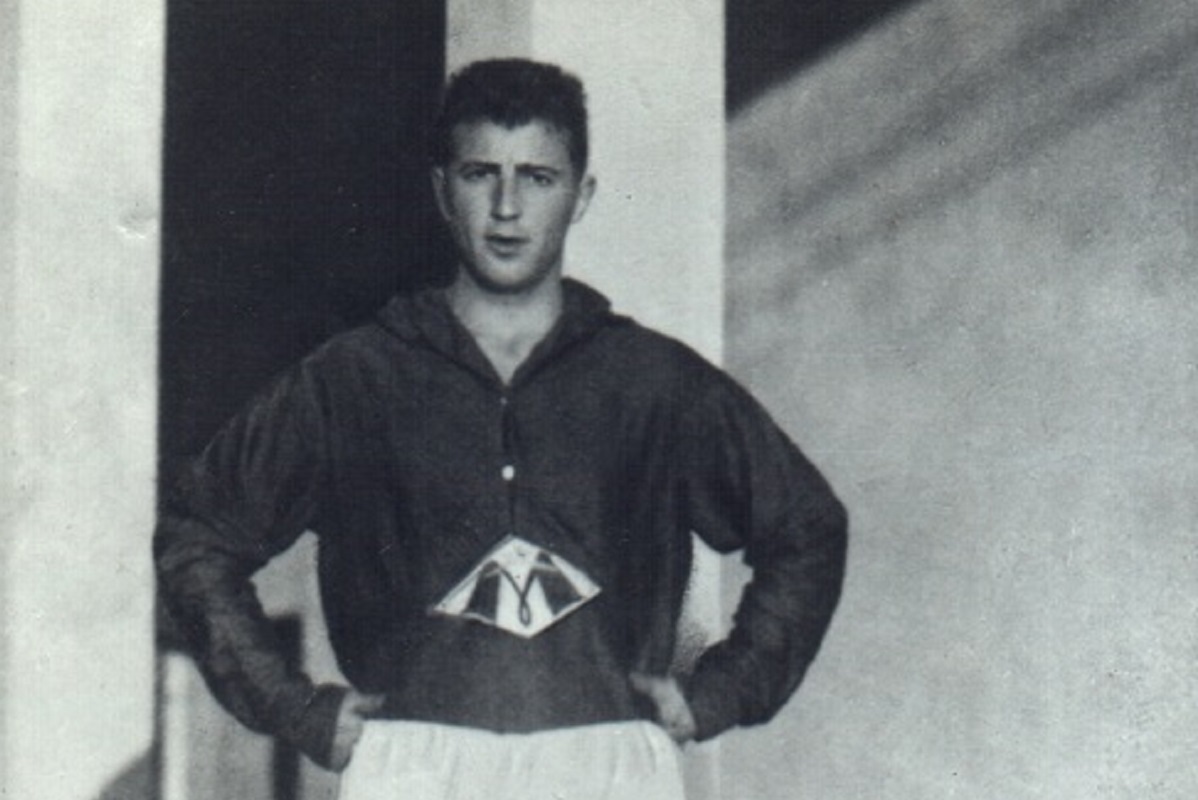
Recipient of the Order of the Red Star Vasily Pavlov
Another volunteer from Dynamo ranks was Vasily Pavlov, one of the most productive football players of the USSR of the interwar period. For his high performance, he was nicknamed the "king of goals" and the "Russian cannon", and this is well deserved – Pavlov was the most scoring striker of the national teams of Moscow, the RSFSR and the USSR, he is also the author of the first goal of Dynamo in the Union championships. Due to a knee injury, Vasily Sergeyevich was forced to end his career early, after which he devoted himself to coaching.
During the Great Patriotic War, Pavlov fought on the 1st Baltic Front, participated in the Battle of Rzhev and the Battle of Stalingrad, was seriously wounded and spent several months in the hospital. He was demobilized with the rank of senior lieutenant of the administrative service, and at the end of May 1945 he was awarded the Order of the Red Star.
After the end of the war, Pavlov spent several years at Dynamo Minsk, where he was a playing coach and played for the reserve team. In 1949, he returned to Dynamo Moscow, worked for more than 20 years in the club's system, coached children's and youth teams, headed the blue and white understudies.
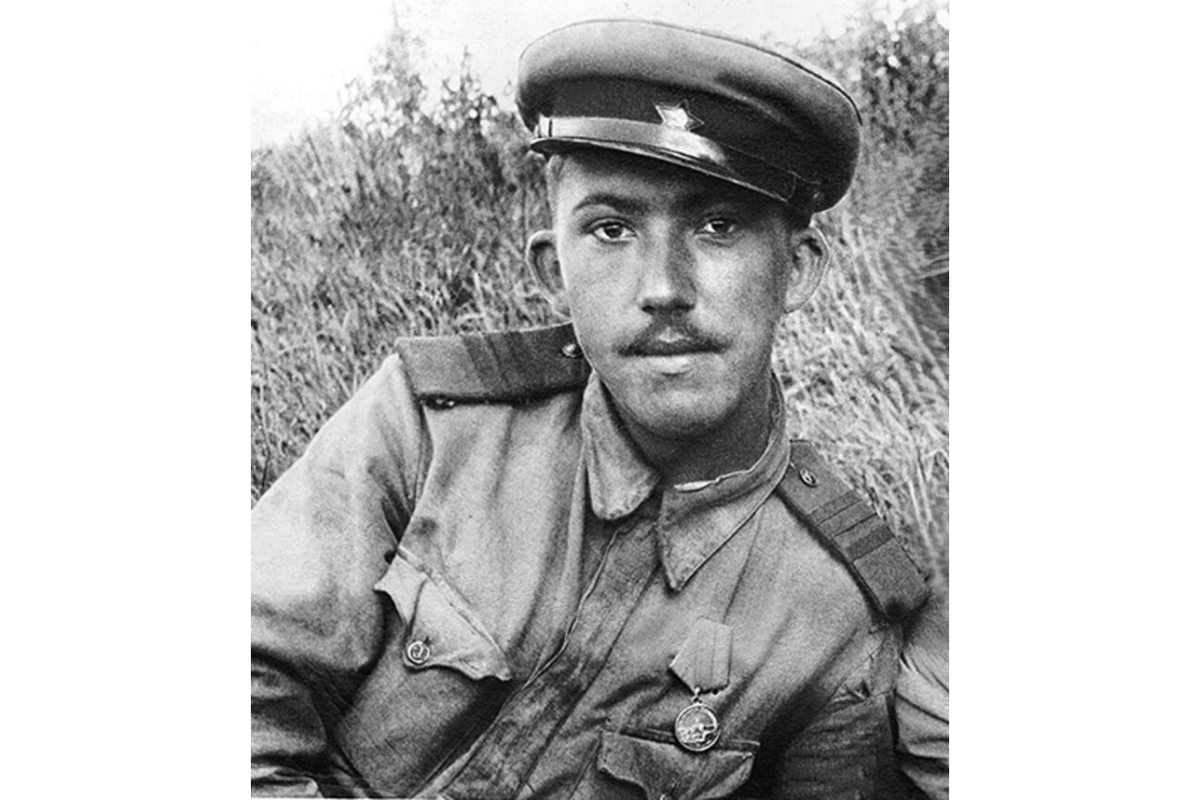
Commander of the intelligence department Yuri Nikulin
Yuri Nikulin, everyone's favorite artist and director of the circus on Tsvetnoy Boulevard, has been a passionate fan of Moscow Dynamo since childhood. In the book of memoirs "Almost seriously," Yuri Vladimirovich talks about how he "idolized" the blue and white, went to the stadium in Petrovsky Park and carefully kept the Dynamo team photo in a homemade plywood suitcase.
In June 1941, Nikulin, who had already served on conscription in the ranks of the Red Army for a year and a half, began to prepare for demobilization, but the war began. He continued to fight near Leningrad in the same 115th anti-aircraft Artillery Regiment, but after concussion and hospital treatment in 1943, he was transferred to the 72nd separate anti-aircraft Artillery Division as commander of the intelligence department. The victory found Yuri Vladimirovich in the Baltic States, where he participated in battles as part of the Courland Group of troops.
– No one knew how and how to express happiness, – wrote Nikulin. – Machine guns, pistols, rifles were fired into the air. They launched rockets. Not far from us was a dilapidated barn. Set it on fire! This decision came to many at the same time… We set fire to the barn and jumped around it like crazy. Jumping, excited with joy ...
After the Victory, Nikulin served in East Prussia for another year and was demobilized in May 1946 with the rank of senior sergeant. He returned home with medals "For Courage", "For the Defense of Leningrad" and "For the victory over Germany". On the day of arrival in Moscow, there was a Dynamo – Spartak match, and Yuri Vladimirovich, almost directly from the train, went to the stadium in Petrovsky Park, where he met with his father.
The People's Artist supported the Moscow Dynamo until the end of his days, regularly followed the performance of his favorite team, listened to radio reports and watched on TV, went to the stadium.